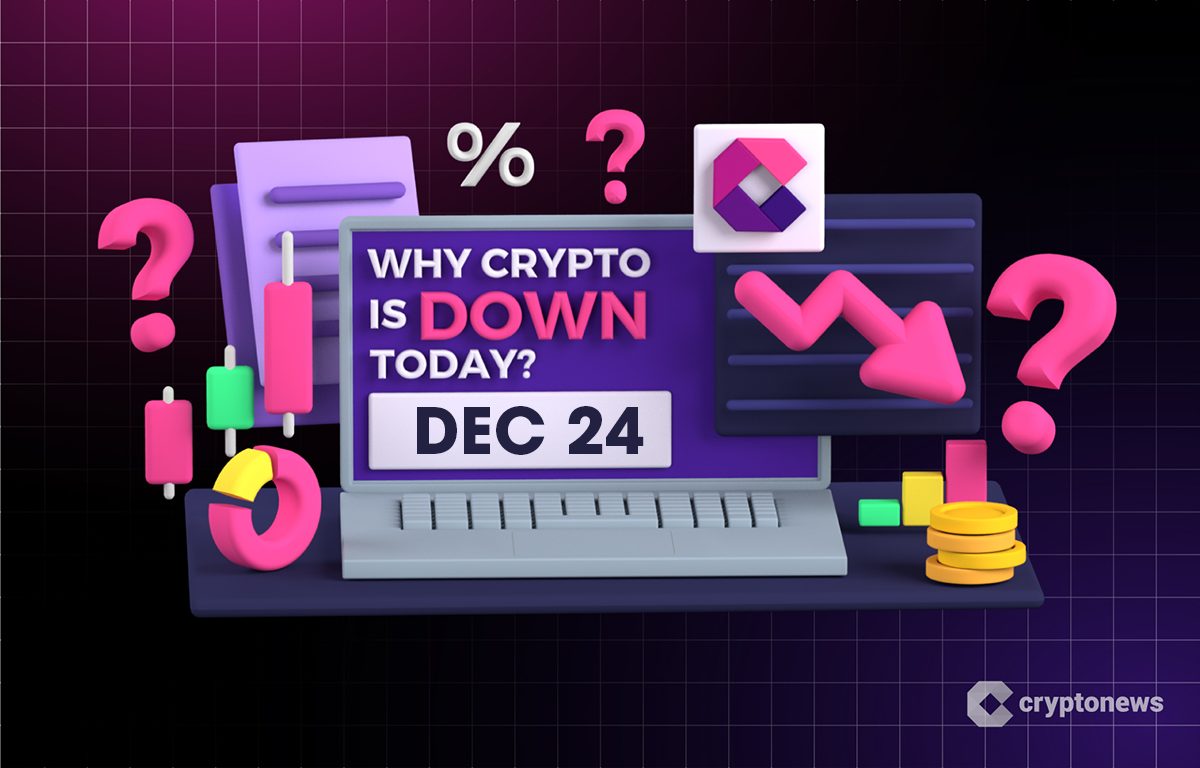
Fortune 500 Fintech Giant FIS Partners with Circle to Bring USDC Payments to US Banks
Fortune 500 fintech leader FIS has partnered with Circle to enable US financial institutions to offer USDC stablecoin payments through integrated infrastructure.
The partnership integrates Circle’s USDC functionality with FIS’s Money Movement Hub, allowing banks to offer domestic and cross-border stablecoin payments to customers.
Banks Gain Direct Access to World’s Largest Regulated Stablecoin
FIS will combine real-time payments and enhanced fraud detection with Circle’s blockchain-native infrastructure, providing scalable pathways for digital asset adoption among financial institutions.
The Money Movement Hub enables banks to connect multiple payment networks, encompassing various payment types, on a single platform.
The collaboration comes as stablecoins settled $27.6 trillion in Q1 2025 transactions, more than doubling Visa’s total settlement volume for 2023.
Circle’s USDC has emerged as one of the world’s largest regulated stablecoins, with growing institutional adoption across traditional finance.
Jim Johnson, Co-President of Banking Solutions at FIS, emphasized that the partnership provides clients with direct access to USDC within regulated frameworks.
He further noted that it will enable greater payment method choices while reducing the complexity and costs associated with money movement.
The announcement coincides with the accelerating integration of crypto payments across major platforms, including PayPal, Stripe, and Shopify’s USDC integration, which serves millions of merchants across 34 countries.
Mainstream Payment Giants Rush to Embrace Crypto Infrastructure
Yesterday, July 28, PayPal launched Pay with Crypto, allowing US merchants to accept over 100 cryptocurrencies through major wallets including Coinbase, OKX, Binance, Kraken, Phantom, MetaMask, and Exodus.
The service covers 90% of the $4 trillion crypto market cap, with transaction fees reduced up to 90% compared to international credit card processing.
The platform charges merchants 0.99% promotional fees for the first year, increasing to 1.5% thereafter, which is below the 1.57% average rate that US businesses paid to credit card companies in 2024.
PayPal converts cryptocurrency through exchanges into PYUSD, which is then converted into USD for merchant settlement.
Similarly, earlier in June, Shopify merchants gained access to USDC stablecoin payments through partnerships with Coinbase and Stripe, utilizing the Commerce Payment Protocol, which is built on Coinbase’s Base blockchain.
The integration supports full e-commerce functionality, including authorization, capture, and refunds with transaction fees typically under $0.01.
Earlier this month, Emirates Airlines also partnered with Crypto.com to explore the use of cryptocurrency payments across Dubai’s travel ecosystem.
Dubai Duty Free signed an MoU enabling digital asset payments in physical stores and online platforms, targeting millions of international travelers through Dubai International Airport.
The collaboration aligns with Dubai’s D33 Agenda, strengthening its position as a global innovation hub, while supporting the UAE’s vision of achieving 90% cashless transactions by 2026.
Financial Infrastructure Revolution Accelerates Through Regulatory Clarity
The GENIUS Act’s passage into law has established clear regulatory frameworks for stablecoins, removing barriers that previously prevented traditional financial institutions from offering cryptocurrency services.
Over 60% of Fortune 500 companies now actively develop blockchain technology initiatives.
Notably, Stripe’s recent acquisitions of crypto wallet startup Privy and stablecoin platform Bridge, valued at $1.1 billion, aim to offer comprehensive, end-to-end crypto infrastructure solutions for these institutions.
The deals enable wallet creation, stablecoin payments, and traditional fiat integration through unified platforms.
Monthly stablecoin transaction volumes surged from under $2 billion in 2019 to over $700 billion by 2025, attracting major corporations, including Visa, JPMorgan, and Deutsche Bank, to build stablecoin infrastructure.
Tech giants Apple, X, Airbnb, and Meta are exploring similar integrations.
The stablecoin market has grown 54% year-over-year, with global holders exceeding 161 million users.
Over 81% of crypto-aware small and medium-sized businesses express interest in adopting stablecoins to address financial challenges.
Coinbase’s Commerce Payment Protocol addresses fundamental retail environment issues by introducing escrow architecture and implementing authorization and capture functionality similar to credit card processing.
The protocol prevents payment intent modifications through cryptographic mechanisms while maintaining the speed and cost advantages of crypto.
Institutional momentum continues to build, with over 80% of institutional investors now planning to increase their crypto exposure throughout 2025.
The post Fortune 500 Fintech Giant FIS Partners with Circle to Bring USDC Payments to US Banks appeared first on Cryptonews.


 Emirates Airlines signs MoU with
Emirates Airlines signs MoU with 

